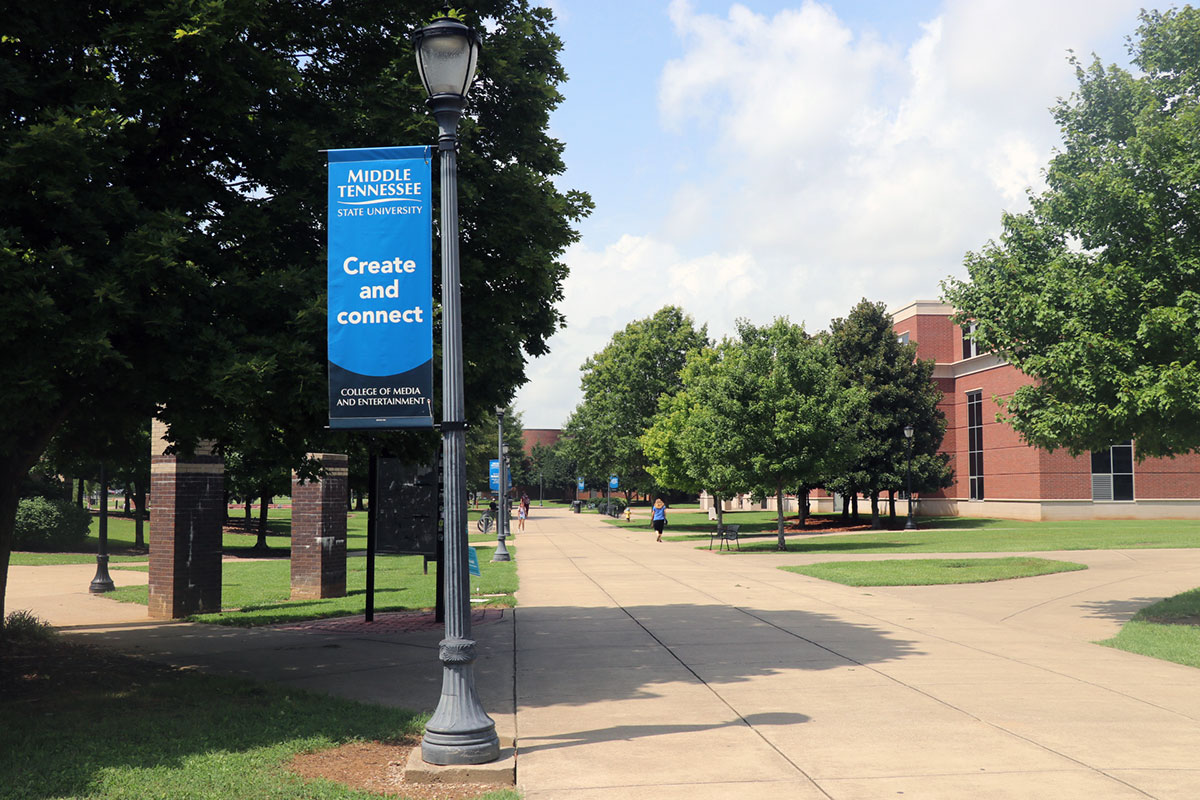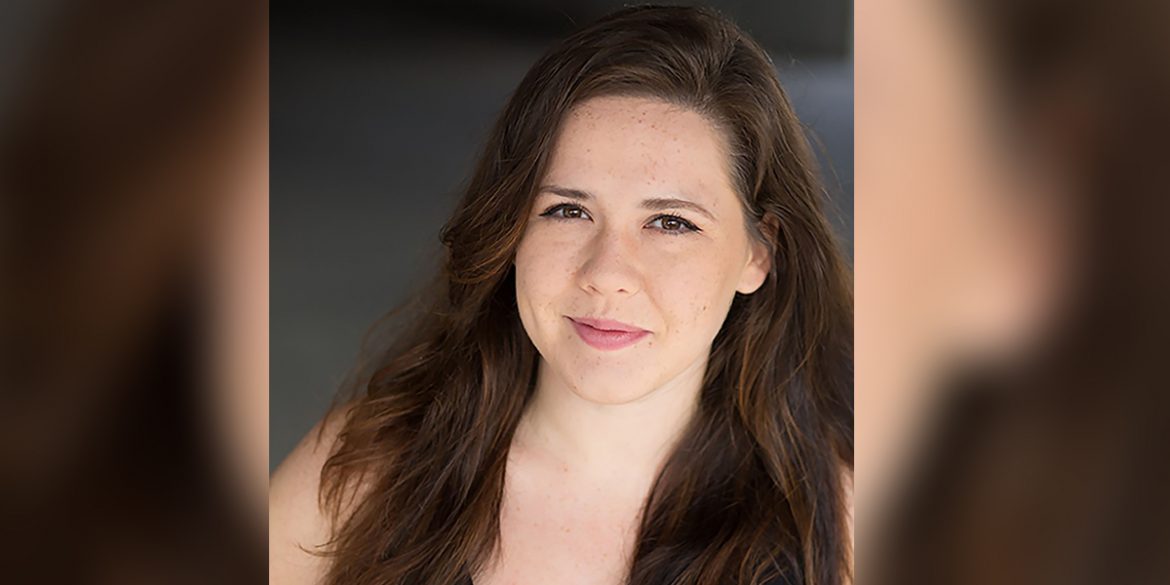The year 2020 is more than halfway over, another fall semester has started, and times have been weird and challenging. What could be more quintessentially coming-of-age? In reflecting upon the absurdities of all that’s been undertaken in such a short amount of time, my thoughts turn to the person I was a few years ago. What would my younger self think if she could see the future? Looking back, I believe she would be overwhelmed and looking forward in a way that my older self isn’t.
I often like to imagine meeting my younger self and doing my best to gift her the wisdom I’ve collected since being in her shoes. I don’t know if she’d quite understand what I’d have to share without having experienced the lessons yet, but if I could try, I know some of the most important things I’d want to impart.
I have learned that in high school, the primary concern of authority figures was to ensure that every student was keeping up with curriculum, (regardless of whether the desire to learn was present), but in college, the responsibility shifts.
Once enrolled in classes, it became clear that self-motivation, not external gratification, was the name of the game. High school is mandatory, foundational, and formative. College is a privilege, an expensive option, and not legally mandated. The atmosphere and attitude of two such institutions will obviously be very different, but this was a difference I didn’t fully comprehend until I experienced it. The shift is far more tangible than I’d realized. Your professors will not call your parents to ask for advice and assistance to make you try harder, (not that I ever expected that). You will not be scolded over a bad grade (unless you’re determined to do that to yourself). If you fall behind, and you don’t reach out about it, that will simply be that. Failure is far more accessible than it had ever been before.

(Photo: Darby McCarthy)
I have learned that failures are your responsibility, and they are also left to you to define. Once, I thought failure was an undesirable letter on a paper. Now, I see it as the rejection of good opportunities, the shortcomings of invested efforts, or the unwillingness to fight for what matters. No matter how defined, failure may still be a route to learn a lesson, so there is no irrecoverable situation– only uncomfortable. Some situations may require a little more assistance than you’ve ever needed before. I learned that in college, your successes are communal – they are the fruits of collaborative effort and time – but your failures are yours. Life is a tapestry of human interaction, so if you’re struggling or if you are looking for advice, seriously take advantage of the opportunity to meet, get to know, and have honest conversations with your professors.
I have learned that professors are human, and they all went through the arduous process of degree-earning once, too. There is a kind of empathy that comes with growing up, perhaps, which I was surprised to find at many turns in university life. It is the shared experience of forging our paths into adulthood. Professors generally do want to see us grow up to change the world. Their chosen career path in academia is exponentially more fulfilling and meaningful if we become their success stories. The worst that comes of attempting to speak to your professors may be discovering an incompatibility of personality type and academic approach. Those are the classes in which you have to keep your head down, trudge through, and then celebrate their conclusion. Once through those, you’ll likely never have to enroll in another course instructed by the same person, so it’s only a temporarily unfortunate situation.

(Photo: Darby McCarthy)
I have learned that I must not only be hard working, but also understanding of my own limits. College is not easy, and goals are not quickly managed when it comes to matters of this scale. You must be ready to sacrifice fun for the sake of success. But you must also remember to listen to yourself. Do not deny yourself leisure opportunities when you have earned them and can afford them. Your stamina, study pace, ratio of classes to activities, social encounters… balancing these is a juggling act that takes practice, and you are very unlikely to get it all exactly right on the first try. Be kind to yourself on the learning curve.
I learned that you must make a frequent habit of pressing the save button on your assignments. This one is big. There will come a time when you will avoid a lot of frustration and cussing by having established this habit. Your computer won’t always recover everything if left to do so automatically.
I have learned that depression happens, and it really sucks, but that there are resources readily available on-campus for anyone struggling through it, and that checking out these resources is neither shameful nor costly. Ultimately, the people and places that helped me most were outside resources, but the journey to find my therapist began with on-campus counsel-seeking. That took a lot of effort and it devastated my pride, but there is nothing I regret about putting myself through that period of discomfort, with hindsight.
I learned the value of a gap year, and by extension, I learned not to believe any ageist rhetoric. There is indeed a sense of urgency to get on to the next phase of life that feels pressing, but there is no real reason I had for all the times I punished myself for falling behind my idea of what my timing shouldhave been. Having never given up, I was not late to learn anything. I was simply learning lessons I hadn’t realized I’d be taking.
You will cry. You will laugh. You will act foolishly. You will impress yourself. What you think you know is sometimes right and sometimes not quite. Be willing to learn from all people and experiences: keep an open mind. Be willing to accept growth and growing pains. Save the little moments in which you encounter joy, and then recall them during the rough emotional canyons that inevitably crop up from time to time. Never give up, and don’t be afraid to explore.
You’ve got your whole life ahead of you, and you are the one who will be trusted to sculpt that out for yourself. The future is really an exciting prospect. The present is the bridge between looking back and looking forward. Build it in the directions that excite you with the tools that college provides you.
Author Darby McCarthy is currently an undergraduate student at MTSU, majoring in Journalism in the College of Media and Entertainment. The views and opinions expressed above are her own.


COMMENTS ARE OFF THIS POST